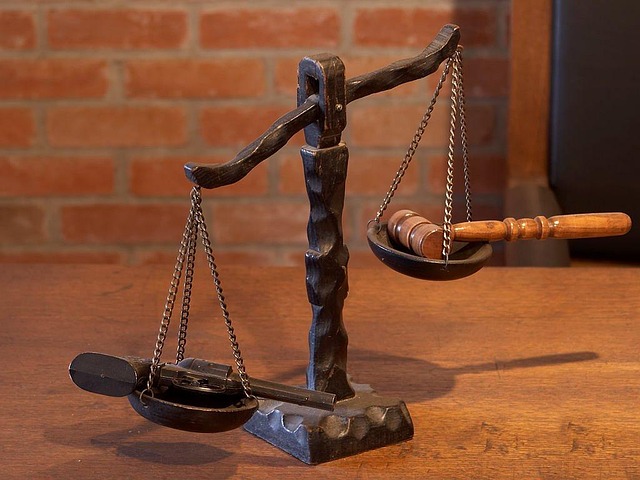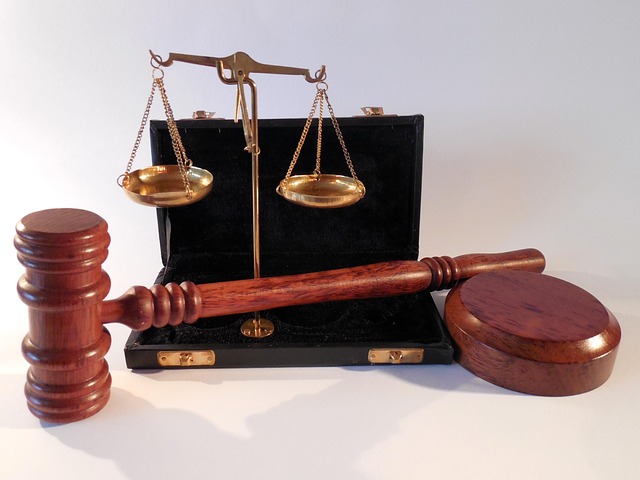Consumer protection laws safeguard individuals from unfair business practices, and government agencies enforce these through investigations and actions, including empaneling criminal juries for severe cases. The process of empaneling a jury is critical for fair decisions, ensuring jurors understand complex legal matters and have no biases. This meticulous selection process filters potential jurors based on knowledge, experiences, and demographics to guarantee impartiality in consumer protection suits, where understanding contracts, regulations, and business concepts is essential.
Consumer protection suits play a vital role in safeguarding individuals from fraudulent or unfair business practices. This article delves into the intricacies of consumer protection laws, highlighting their enforcement mechanisms and the crucial role juries play in these cases. We explore the process of selecting a jury for criminal cases related to consumer protection, including challenges and considerations in empaneling such juries. Understanding this process is essential for navigating complex consumer cases effectively.
- Understanding Consumer Protection Laws and Their Enforcement
- The Role of a Jury in Consumer Protection Suits
- Process of Selecting a Jury for Criminal Cases Related to Consumer Protection
- Challenges and Considerations in Empaneling Juries for Complex Consumer Cases
Understanding Consumer Protection Laws and Their Enforcement

Consumer protection laws are designed to safeguard individuals from unfair, deceptive, or fraudulent business practices. These laws cover a wide range of issues, including product safety, advertising claims, pricing transparency, and data privacy. Enforcement of these regulations is typically handled by government agencies, which investigate complaints, conduct inspections, and take appropriate actions against violators. This process involves multiple stages, from initial consumer complaints to the all-important process of empaneling a criminal jury in severe cases.
A comprehensive understanding of consumer protection laws and their enforcement mechanisms is crucial for both businesses and consumers. For businesses, it means adhering to stringent regulations to avoid costly legal battles and damaging reputations. For consumers, it empowers them to make informed choices, know their rights, and seek justice when faced with deceptive practices. Moreover, a strong enforcement process, including winning challenging defense verdicts, ensures that white-collar offenses are addressed at every stage of the investigative and enforcement process.
The Role of a Jury in Consumer Protection Suits

In consumer protection suits, the role of a jury is pivotal. When a case reaches trial, a carefully selected group of individuals from the community—a jury—is tasked with hearing the evidence and determining whether the defendant has violated consumer rights. The process of empaneling a criminal jury, while similar in many ways to civil trials, carries added importance in these cases due to the potential for significant financial penalties and reputational damage for corporate and individual clients alike. This thorough selection process ensures that the jury is impartial, capable of understanding complex legal issues, and committed to achieving extraordinary results based on the facts presented.
The jury’s decision-making power extends beyond simply determining guilt or innocence; they play a crucial role in upholding consumer protections and safeguarding fair business practices. Their verdict can send strong messages to businesses, incentivizing them to adhere strictly to regulations and ethical standards. This collective responsibility contributes to a culture of accountability in the corporate world, where white collar defense strategies must account for the potential impact of jury decisions on both the company’s bottom line and its public image.
Process of Selecting a Jury for Criminal Cases Related to Consumer Protection

The selection of a jury for criminal cases involving consumer protection is a meticulous process designed to ensure fairness and impartiality. This involves several key stages starting from the initial pool of potential jurors. Potential jurors are summoned, typically through a random draw from driver’s license or other public records, reflecting the demographic makeup of the respective business’ customer base, aiming to include diverse perspectives from the philanthropy and political communities.
Once assembled, prospective jurors undergo thorough questioning, often referred to as voir dire, where they’re evaluated on their knowledge, experiences, and biases related to consumer protection issues. This process aims to identify any potential conflicts or prejudices that might affect their ability to render a just verdict. Through this meticulous sifting, the court seeks to empanel a criminal jury composed of individuals who can objectively consider all stages of the investigative and enforcement process, ensuring a fair trial for all parties involved.
Challenges and Considerations in Empaneling Juries for Complex Consumer Cases

Empaneling juries for complex consumer protection suits presents unique challenges. Unlike straightforward criminal cases, where the process of empaneling a jury focuses on selecting individuals who can objectively apply the law to specific facts, consumer cases often involve nuanced interpretations of contracts, regulatory frameworks, and market behaviors. Jurors in these trials must possess not only a basic understanding of legal principles but also an aptitude for comprehending complex financial and business concepts.
The process requires careful consideration of factors beyond typical demographics. Lawyers and judges must ensure that jurors can set aside preconceived notions about respective business practices and remain impartial. This becomes particularly crucial when dealing with cases involving large corporations, as biases may influence perceptions of corporate responsibility. Moreover, balancing the need for diverse juries to reflect the philanthropic and political communities they serve, while ensuring impartiality in consumer trials, adds another layer of complexity to the empaneling process.
Consumer protection suits, while complex, rely heavily on fair and informed juries to ensure justice. Understanding the process of empaneling a criminal jury, from selection criteria to handling challenges, is crucial for effective enforcement of consumer protection laws. By grasping these concepts, we can navigate the intricate landscape of complex cases, ensuring that consumers receive the protections they deserve. The role of juries in this context is pivotal, making every step of the empanelment process—from initial screening to final decisions—an essential component in achieving a robust and just legal system.






